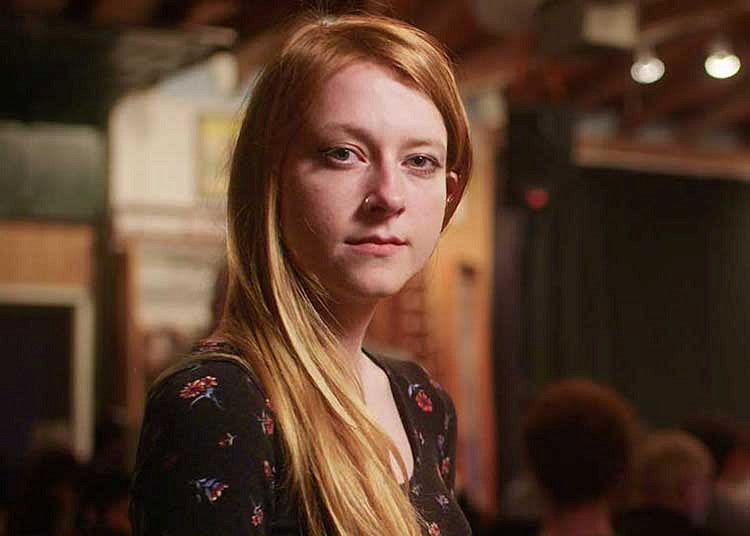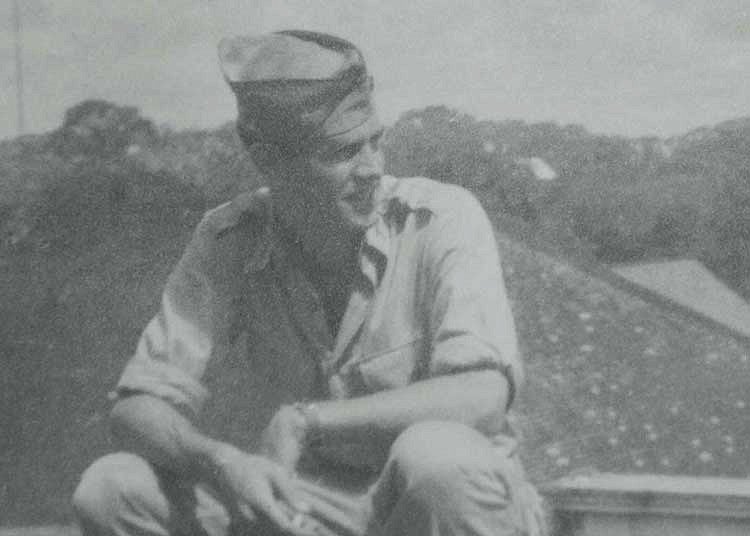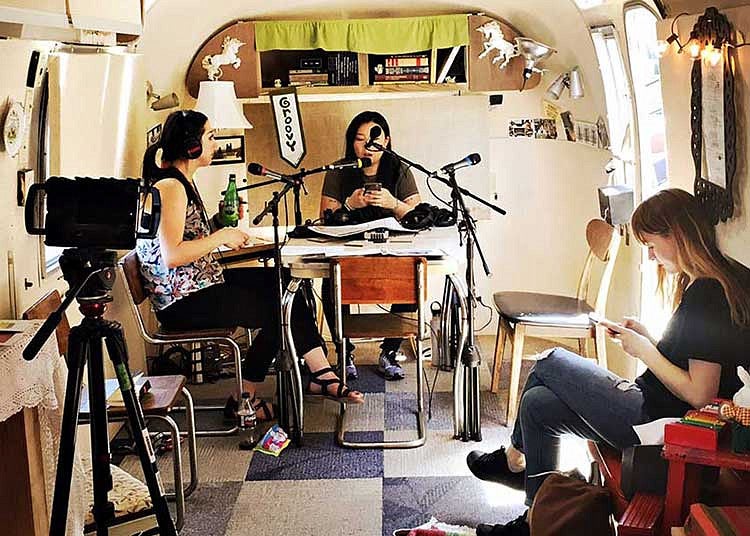Investing in Innovation
Investing in Innovation
A $50 million anonymous gift to the University of Oregon has created new possibilities for an expansion of research and discovery, student success, and faculty growth.
“At the University of Oregon our mission is to create a positive impact on society,” UO President Michael Schill said in announcing the gift. “Through this extraordinary gift, these donors have provided the means to foster innovation and maximize our ability to create lasting and important benefits for the people of Oregon and our world, and to inspire other donors to do the same.”
The $50 million gift establishes a Presidential Fund for Excellence, which gives Schill and academic leaders the capacity to make strategic investments in initiatives and priorities that build on the UO’s strengths.
“The donors have challenged me to use this gift entrepreneurially,” he said, “not for business as usual.”
Schill announced the first five allocations, which will:
-
Boost the UO’s capacity for “big data” and help fund faculty hires across campus as part of the university’s Initiative in Data Science.
-
Attract and secure eminent faculty by providing matching funds to endow nine new faculty chairs, one in each of UO’s schools and colleges.
-
Explore how communications can better advance scientific discoveries through seed funding for the Media Center for Science and Technology, a new interdisciplinary research center in the School of Journalism and Communication.
-
Aim to increase the college readiness of the state’s high school students through a pilot program that will embed faculty members from the College of Education in Oregon high schools.
-
Support student success efforts at the upcoming Black Cultural Center.
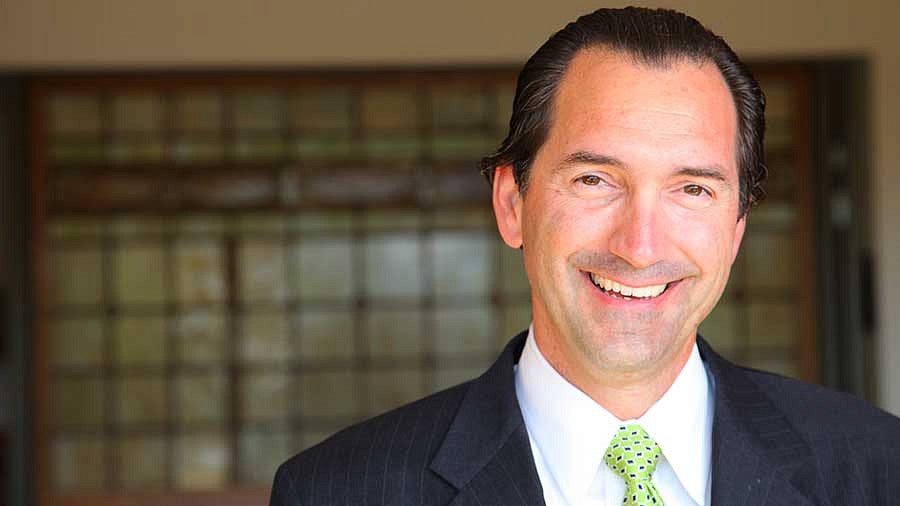
“With this gift, the donors are saying, this is the moment, this is the time for the University of Oregon to take on bold initiatives.”
Mike Andreasen
Vice President of Advancement
“Each is about promoting excellence,” he said in summary. “Each will be combined with additional resources from philanthropy or the public sector. This is how we will leverage impact.”
Schill announced the $50 million gift in a recorded state of the university speech. He said the new gift furthers recent strides in faculty hiring, student access and research by providing a way to invest in high-potential ideas generated by schools and faculty with one-time infusions of capital.
“This is an amazing investment,” he said. “We are so thankful to the donors for having the vision to leverage our existing strengths, talents and initiatives and build something new, exciting and important.”
Including this gift, the UO’s campaign has risen above $1.7 billion toward its $2 billion goal, transforming the university to better serve the state of Oregon and its people, said Mike Andreasen, vice president for advancement.
“With this gift, the donors are saying this is the moment, this is the time for the University of Oregon to take on bold initiatives,” Andreasen said. “By empowering the president and the academic leadership to make those kind of investments, our hope is they’ll inspire others to give as well. We are truly grateful for what this opportunity means for our university.”
Presidential Fund for Excellence: The First Five Allocations
The Initiative in Data Sciences
As research generates increasing volumes of data, the need for sophisticated applications and techniques to understand underlying trends and make scientific, literary, economic and social discoveries has also grown. So has the need for students to learn how to apply these methods.
This initiative grew from faculty ideas to develop greater computing capacity to support teaching and research in fields as disparate as literature, economics, biology, business and computer science.
“The initiative will be an intellectual nexus for researchers studying how to gather data and analyze it, and turn that data into actionable knowledge,” said Bill Cresko, associate vice president for research, who is leading the project.
The UO has already made significant investments in building high-capacity computing infrastructure. Now, Provost Jayanth Banavar has approved eight searches requested by the deans for data science faculty in the natural sciences, social sciences, business, and journalism and communication. More will occur in future years.
Presidential Initiative in Data Science
Matching Funds for Nine Endowed Faculty Chairs
An endowed chair contributes to faculty excellence by funding support for salary and research, recognizing achievement, and increasing the university’s competitiveness in attracting the highest caliber scholars.
By creating a pool of funds to match gifts for nine endowed faculty chairs, each school or college, as well as each division in the College of Arts and Sciences, will be invited to fundraise among their donors for one-half of the full endowment of $2 million per chair.
“We will be able to get dazzling faculty across the disciplines,” Banavar said. “We can really raise the profile of our university in a very significant way.”
Media Center for Science and Technology
It is a time of unparalleled growth of scientific insight and discovery. At the same time, media channels have proliferated, in some cases splintering into ideological camps.
The challenge for scientists and the public to communicate and understand scientific phenomena has reached a critical point. In response, the School of Journalism and Communication will launch a new Media Center for Science and Technology.
“The SOJC is poised to make a leap,” said Juan-Carlos Molleda, the school’s Edwin L. Artzt Dean. “The intersection between communications and science will allow students to get hands-on experience in dealing with complex issues that have to be communicated to the public.”
The center’s interdisciplinary faculty will explore how scientific discoveries and technological solutions are conveyed and understood by a wide variety of audiences. In addition, Schill sees tremendous synergies between the new Phil and Penny Knight Campus for Accelerating Scientific Impact, the existing Science Literacy Program and the journalism school’s new center.
“I also hope that this center will be a model for other schools and departments wishing to forge connections to the Knight Campus and its new faculty,” he said.
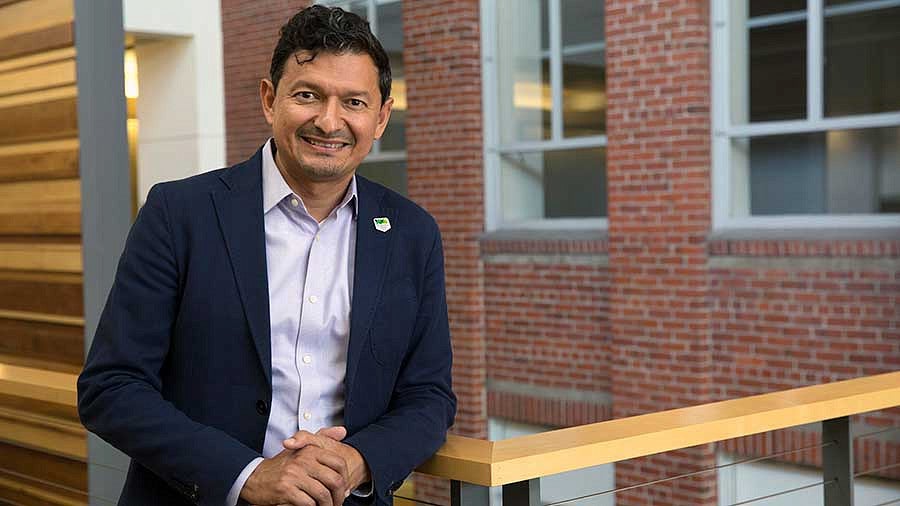
“The intersection of communication and science will allow students to get hands-on experience in dealing with complex issues that have to be communicated to the public.”
Juan-Carlos Molleda
Edwin Artzt Dean
School of Journalism and Communication
Black Cultural Center Programming
The creation of a Black Cultural Center on campus is a priority for the UO’s Black Student Task Force. Students want the center to facilitate student success and timely graduation, and Schill has allocated a portion of the excellence fund to support student success programming at the new facility.
“When you bring students together with faculty and community members,” said Yvette Alex-Assensoh, vice president for equity and inclusion, “all those different groups can inform one another about what the end product and goals should be.”
With more than $1.5 million now raised toward its $3 million capital cost, construction plans are being developed with an opening targeted for September 2018.
Black Cultural Center Programming
Oregon Research Schools Network
Aiming to dramatically increase the quality of public schools in Oregon and also the number of college-ready students they graduate, the College of Education will embed faculty members in up to 10 high schools in the five-year pilot program, similar to an extension program for high school education.
Each faculty member will train high school teachers in the newest innovations of instructional practice and will also teach students. With funding from the Presidential Fund for Excellence, the cost for each placement will be shared jointly with local school districts, with an emphasis on first involving schools with high proportions of first-generation and underrepresented students.
“The College of Education and the UO have a chance to create a new national model for serving high schools,” said Randy Kamphaus, the college’s dean. “This partnership network gives us an opportunity to be so closely linked with our schools that they get ready access to the science that we produce here in the College of Education, so that they are serving students the way they want to serve students in the most effective ways possible.”

“Our high schools will get ready-access to the science that we produce here in the College of Education.”
Randy Kamphaus
Dean
College of Education



